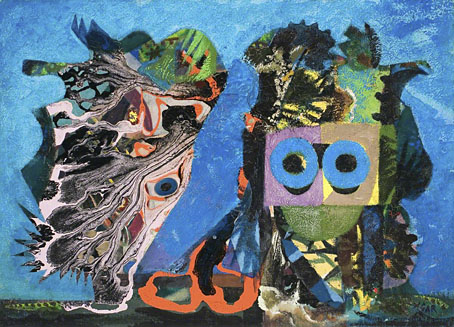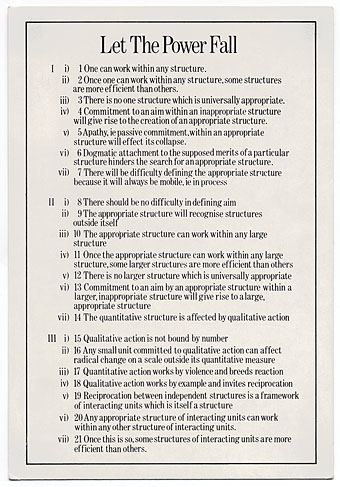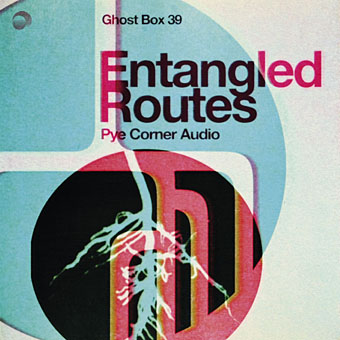
In the mail this week, a pair of new pins from the pin-maker and seller who made the exquisite Future Days pin. (eBay shop | Etsy shop) The Ege Bamyasi pin isn’t as effective as the earlier Can design but I feel compelled to encourage the effort, especially when most of the designs from this maker are for punk or post-punk bands. I also enjoy the novelty of seeing things like this at all. The years when I was discovering German music via secondhand releases (late 70s, early 80s) coincided with a period when I spent a lot of time scouring local shops for unusual badges. Growing up in a holiday resort gave me access to a greater quantity of cultural ephemera than you’d find in nearby towns, yet during this time I never saw any badges related to the German groups, not even Kraftwerk. As for prestige enamel items, you seldom saw these outside concert merchandise stalls where hardcore fans could be relied upon to pay more for their memorabilia.

Official pins from Hawkwind, Magma and Ghost Box Records.
The recent emergence of a cottage industry devoted to enamel pins means that these aren’t the only such items you’ll find on eBay or Etsy, but most of the others I’ve seen are either substandard (like another attempt to rework the Future Days cover) or are from North American sellers who want you to pay £25 or more for postage. Nein danke. But wherever the pin makers are located they all face the problem of how to create something related to groups who didn’t have a graphic identity that can easily be converted to metal and enamel. Where Can are concerned you could at least do this with their name as it appears on the Tago Mago cover. (Maybe such a thing exists already?) And I was amused to see that one pin maker has managed to reduce Manuel Göttsching’s chessboard cover for E2–E4 to pin size. What I’d really like now is a Neu! pin in black and white like the design on the cover of Neu! 75. Here’s hoping…
Previously on { feuilleton }
• A Can pin
• Rock shirts




